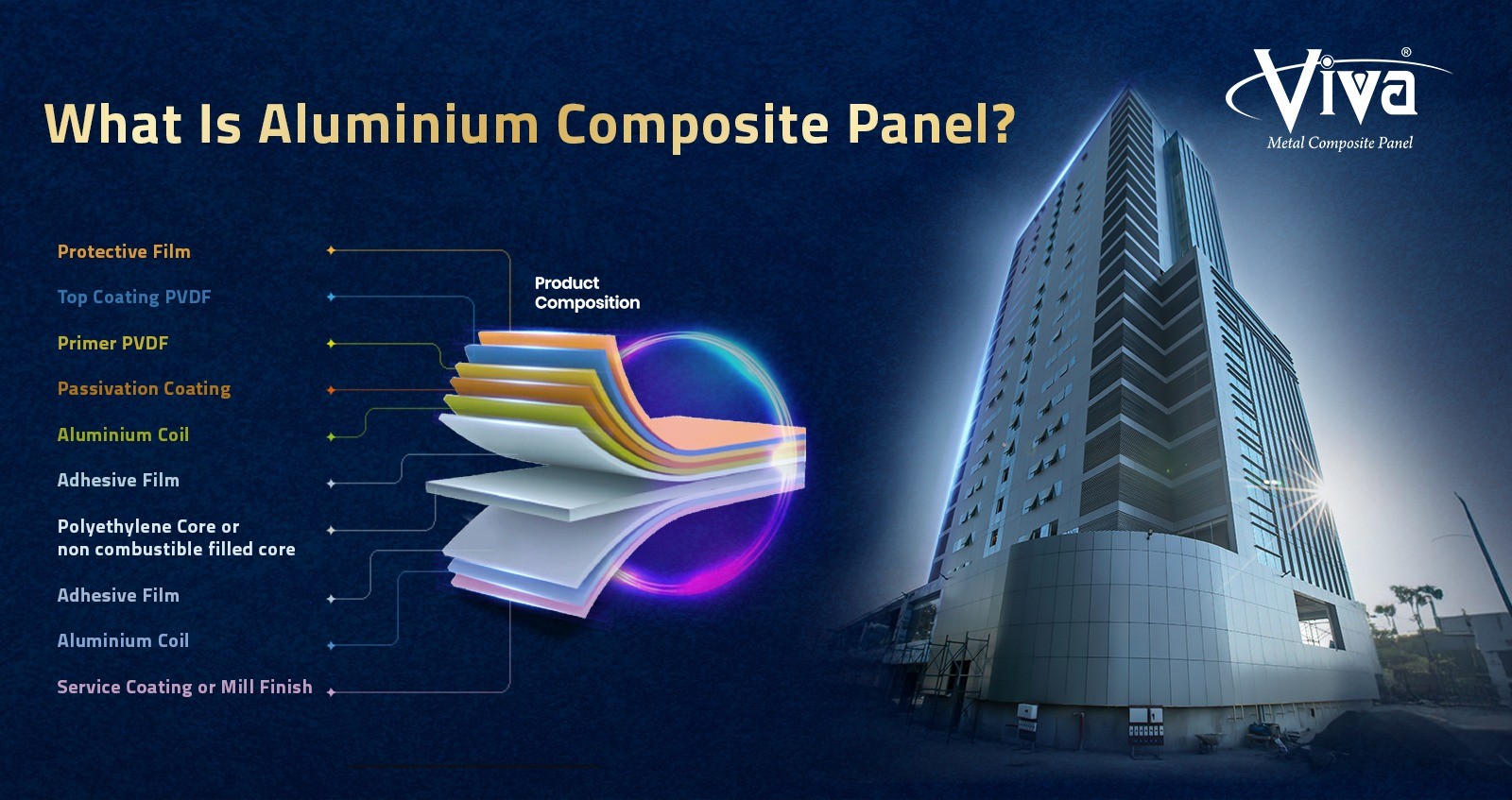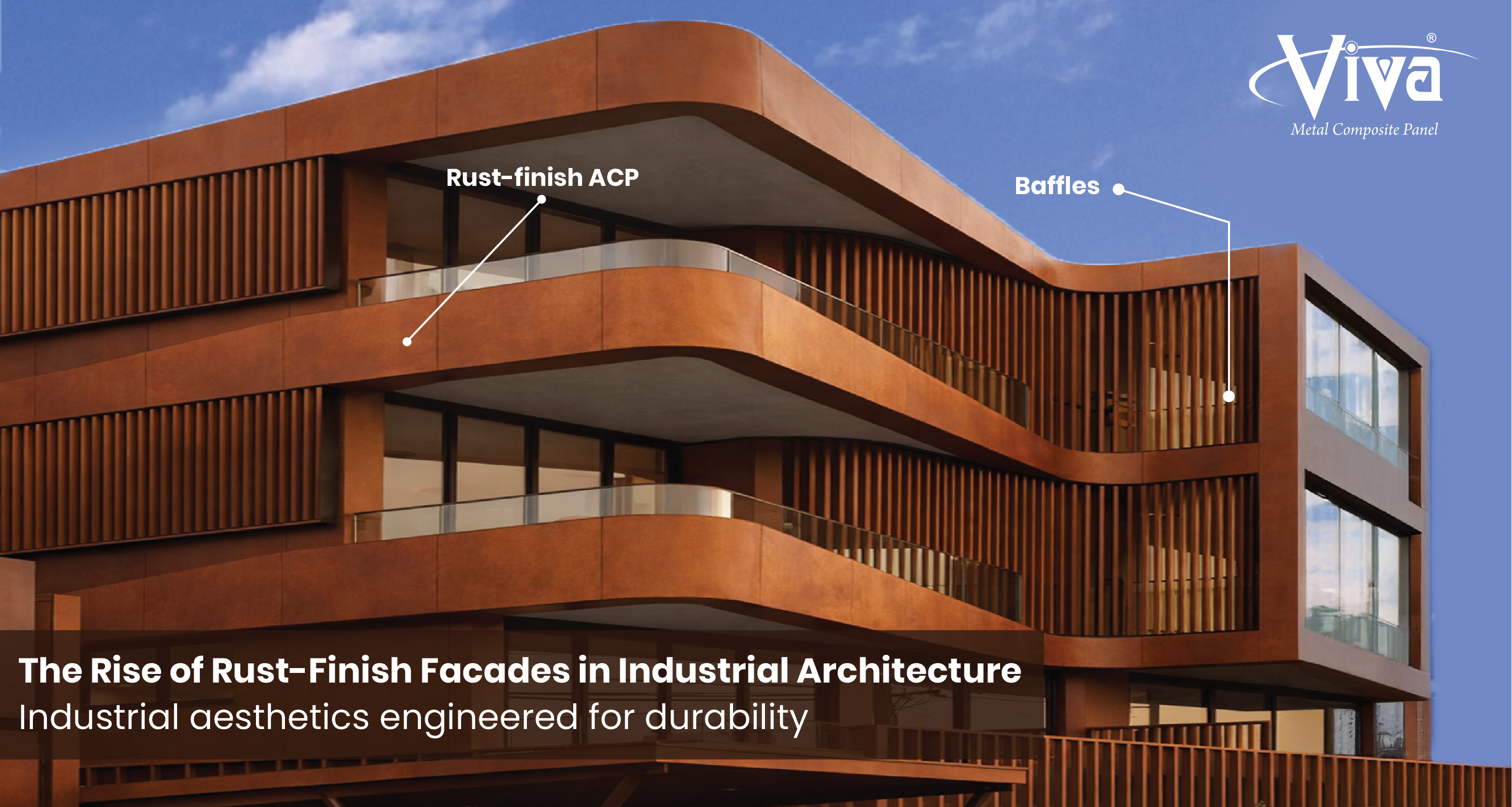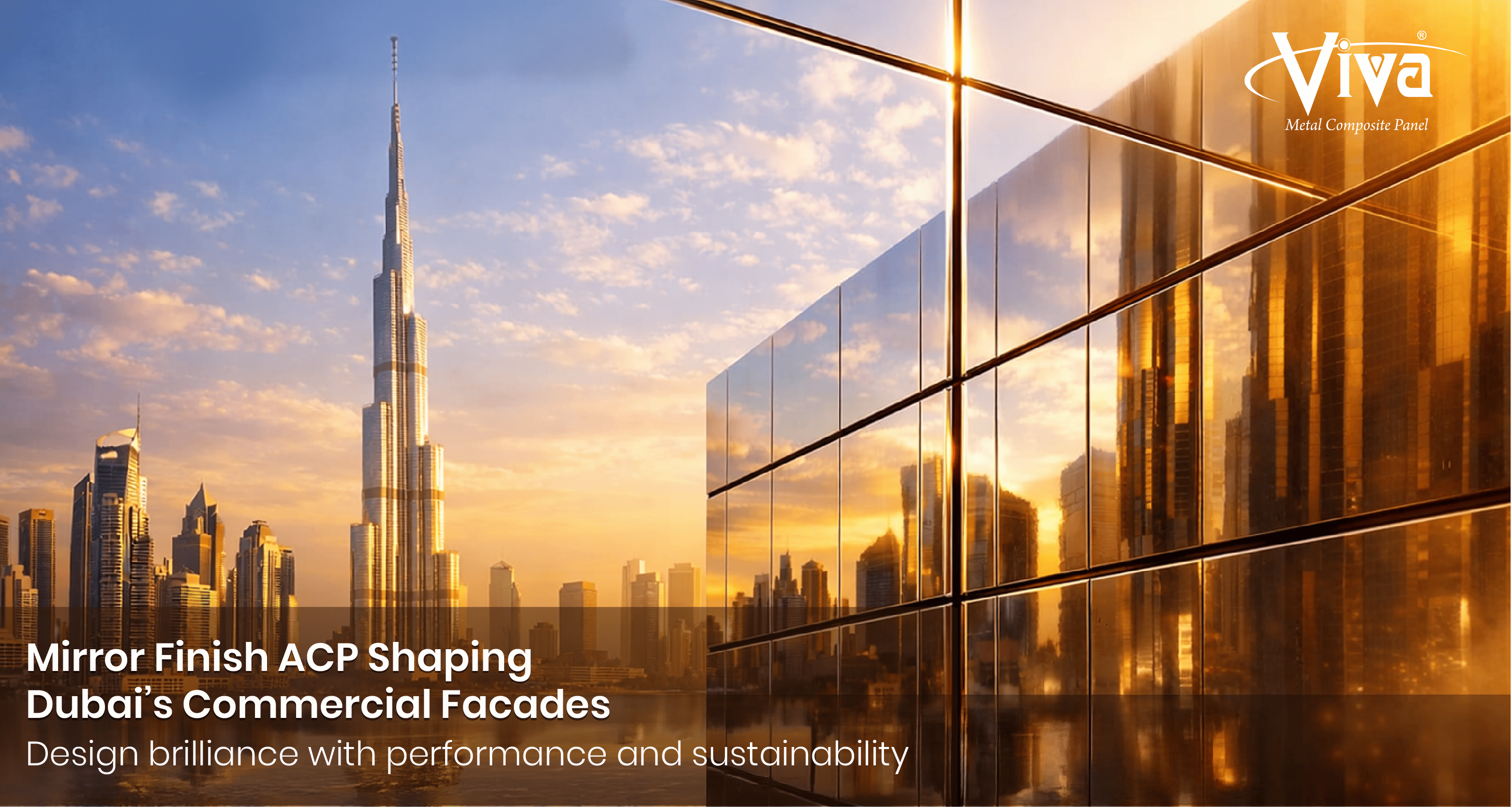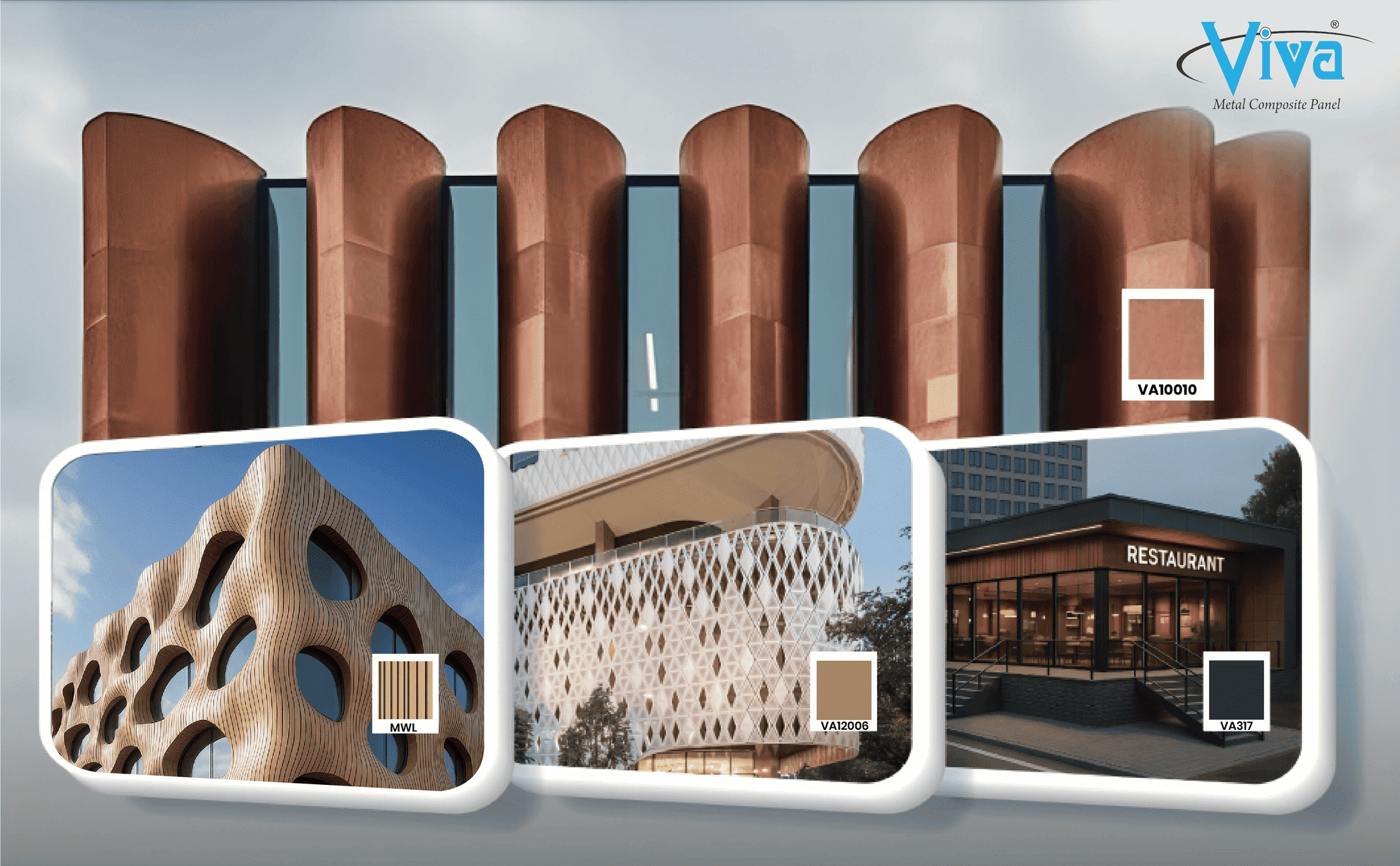
In the vast hospitality industry, small hotels to luxury resorts alike aspire to create a strong image. When a guest arrives at the hotel, they can’t experience the entire services you have to offer. It is often limited to the hotel’s exterior. This is why hotel elevation design plays an important role in building a memorable first impression.
That external “face” sets expectations! Whether you’re promising luxury, boutique charm, modern minimalism, or heritage elegance, your façade speaks before even a single staff member welcomes the guest.
So, as a brand in the hotel sector, you need to pay attention to your external presentation as a part of your marketing strategy.
What Do Guests Notice First When Visiting a Hotel?
Before you turn a guest into a loyal customer, you first need to understand what is going on inside their mind when they see the hotel. It is not as difficult as it may sound! Nowadays, many guests check your hotel online before actually visiting in-person. When going through the images, there are certain visual signals that they often register subconsciously. For instance:
Cleanliness & Maintenance
No one wants to stay in a place with cracks, stains, peeling paint, or rust when they are on vacation or planning a cozy day out. It is a sign of neglect. Your guests may also wonder whether the interior, rooms, or systems are similarly neglected. So, it is important that you maintain a crisp, uniform façade that communicates care and operational excellence.
Symmetry, Proportion & Architectural Order
A balanced composition of windows, setbacks, entrances, and vertical/horizontal rhythms signals harmony. Asymmetry that’s unintentional or chaotic can suggest disorganization.
Material Quality and Detail
For industries where appearance plays a major role, you need to pay attention to every little detail. Hotel buildings with high-quality finishes, thoughtful transitions, and fine edges imply investment. Cheap materials, visible fasteners, or mismatched panels, on the other hand, can influence a guest’s overall impression.
Branding & Identity Integration
A brand is nothing without identity. How would a guest remember you if you can’t create a clear perception in their mind? It’s essential that you incorporate logos, signage, and lighting to blend with the architecture rather than appear tacked on. A cohesive identity in exterior elements increases memorability and reinforces the brand story.
Lighting & Nightscape
Evening façade illumination uplights, wall washers, and backlit panels can dramatize form, highlight texture, and maintain presence after sunset. A properly lit exterior gives confidence and charm.
Landscaping & Entry Sequence
Even the entrance of a hotel can impress guests. The driveway, canopy, and forecourt frames are what guests see first. It’s ideal to keep it clear and inviting with appropriate landscaping, hardscape, and framing elements sets a tone of order and hospitality.
Why Does Hotel Elevation Design Matter So Much?
When you pay attention to hotel elevation design, it helps you in various ways:
Architectural Narrative & Style Expression
Every hotel has a unique story! It can be sleek modernism, contemporary curves, art deco, or regional vernacular design. And your elevation helps you share the narrative with your guests. The projection, recesses, shading, fenestration, and articulation give meaning.
Functional Performance
While aesthetics play a strong role, you can’t neglect functionality. Choosing the right material for hotel elevation design helps you handle wind, rain, sun, thermal loads, air infiltration, acoustics, and maintenance.
Visual Hierarchy & Wayfinding
In the interior and exterior design sector, elevation must emphatically emphasize the public zones like the lobby, entrance while scaling upper floors appropriately. The elevation should guide the eyes toward entry, not confuse it.
Sustainability & Envelope Efficiency
Smart hotel elevation design also contributes to energy efficiency. There are several options available, such as:
●Shading devices,
●Solar control,
●Ventilated façades,
●Insulation layers,
●Rainscreens, and
●intelligent material layering.
Upgrade Flexibility & Longevity
Elevations are likely to endure decades. Designing with modular, replaceable panels or cladding systems ensures easier refresh or retrofit without full demolition.
Ideal Materials for Hotel Elevation Designs
The exterior part of a building is not just always about appearance; it gives the building character, offers durability, and protection against fire, rain, and other environmental conditions. SO, choosing the right façade materials is a crucial decision.
In the present days, there are several options available, such as:
●Glass facades: Glass panels create openness and transparency. They make a hotel feel inviting and light-filled, helping blur the line between exterior and interior. However, they require careful shading and insulation planning to manage heat gain and energy efficiency.
●Stone and Marbles: Their texture, depth, and natural patterns bring authenticity and a sense of luxury to hotel architecture. But they can be heavy, which increases the logistics and installation costs. Moreover, natural stone and marble can absorb moisture, leading to stains, efflorescence, and surface discoloration over time, which increases the maintenance costs.
●Steel & Concrete: It is ideal for hotels that are aiming for a minimalist and contemporary effect. However, the problem with these materials is that there are not many designs, curves, or color variations available. But steel or concrete is not exactly lightweight. This makes installation time-consuming. Steel is also prone to corrosion and requires frequent maintenance.
●Woods: Woods is perfect for resorts and boutique hotels seeking warmth and cultural resonance. But it needs regular maintenance and may rot when exposed to harsh weather conditions.
●Composite Cladding Panels: While traditional materials evoke timelessness, composite cladding panels have revolutionized how hotels achieve modern aesthetics with practical benefits. Aluminium Composite Panels (ACPs) in particular have gained popularity for their versatility, durability, safety, ease of installation, and design flexibility.
Wrap Up
In the hospitality industry, how a guest will view your hotel often begins with your hotel’s exterior. This makes hotel elevation design a crucial part of marketing. However, it is not just always about aesthetics. Frequent maintenance or replacement of the facade materials can be quite expensive.
Thus, hotels also look for materials with longer lifespan and functionality. ACP panels meet the requirements by offering modern solutions. At Viva ACP, we have over 500 shades across ACP with different finishes, including wood-look, marble-look, metallic, and textured surfaces. You can also customize the panels to reflect the unique identity of your hotel.
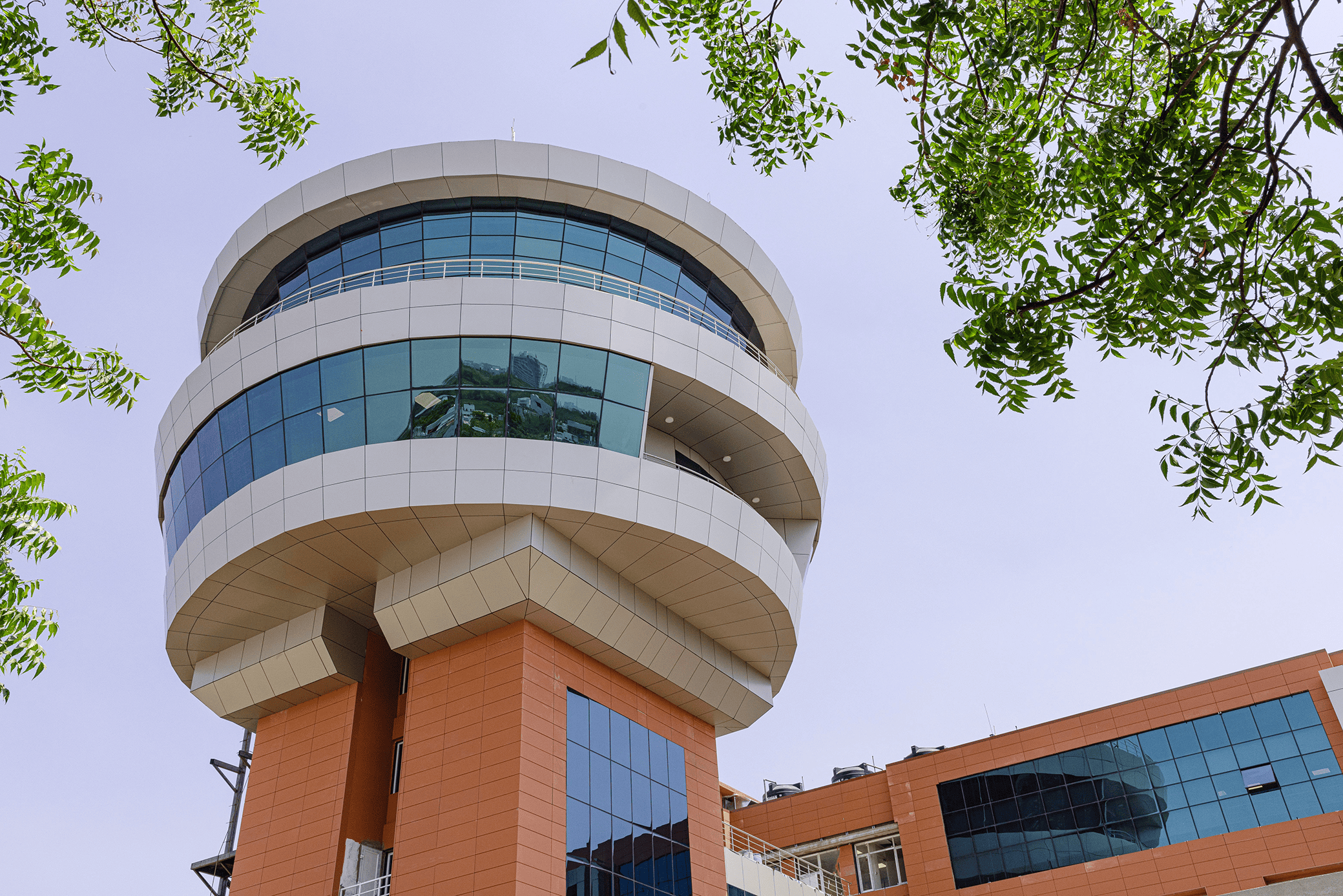
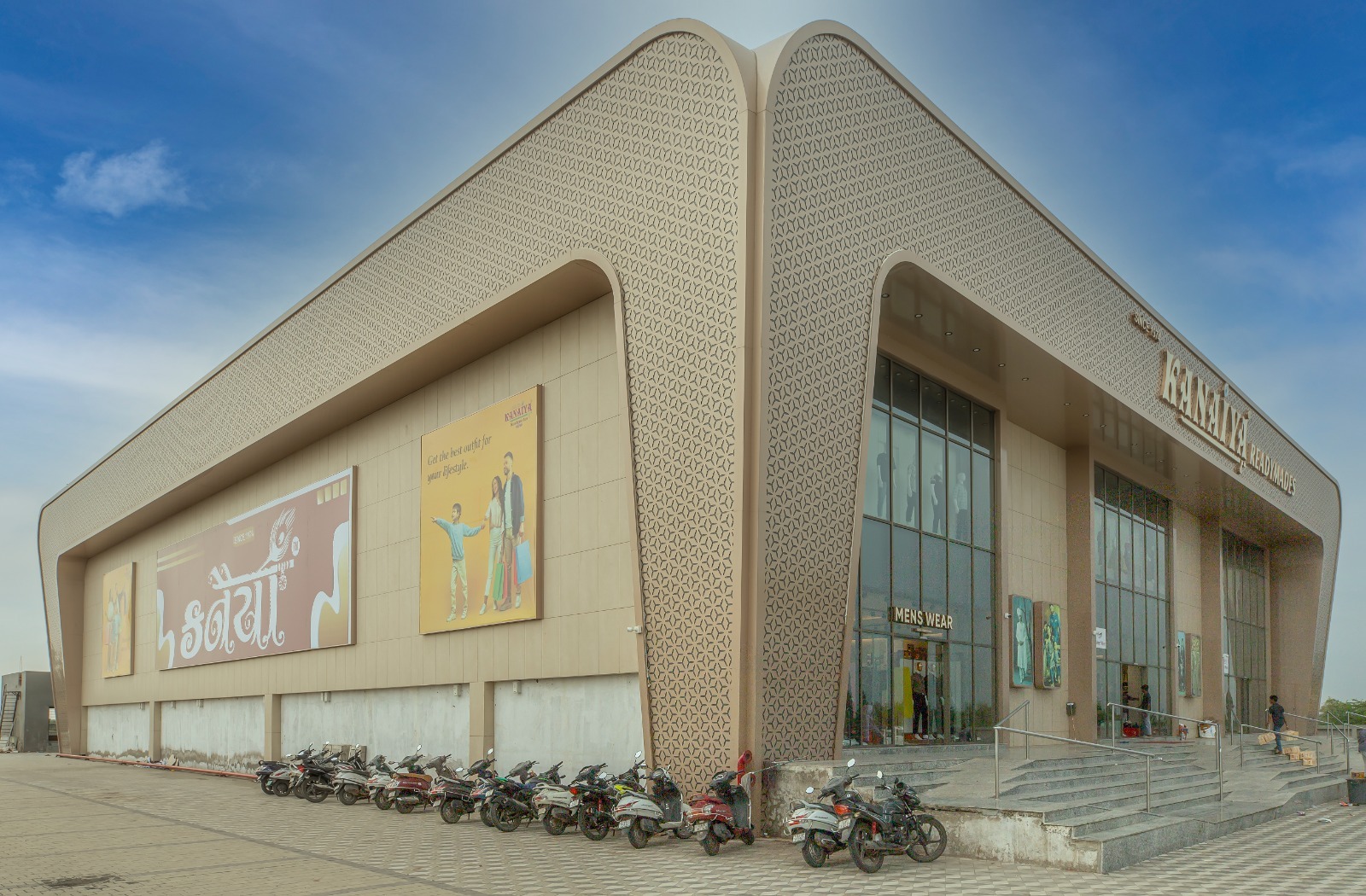
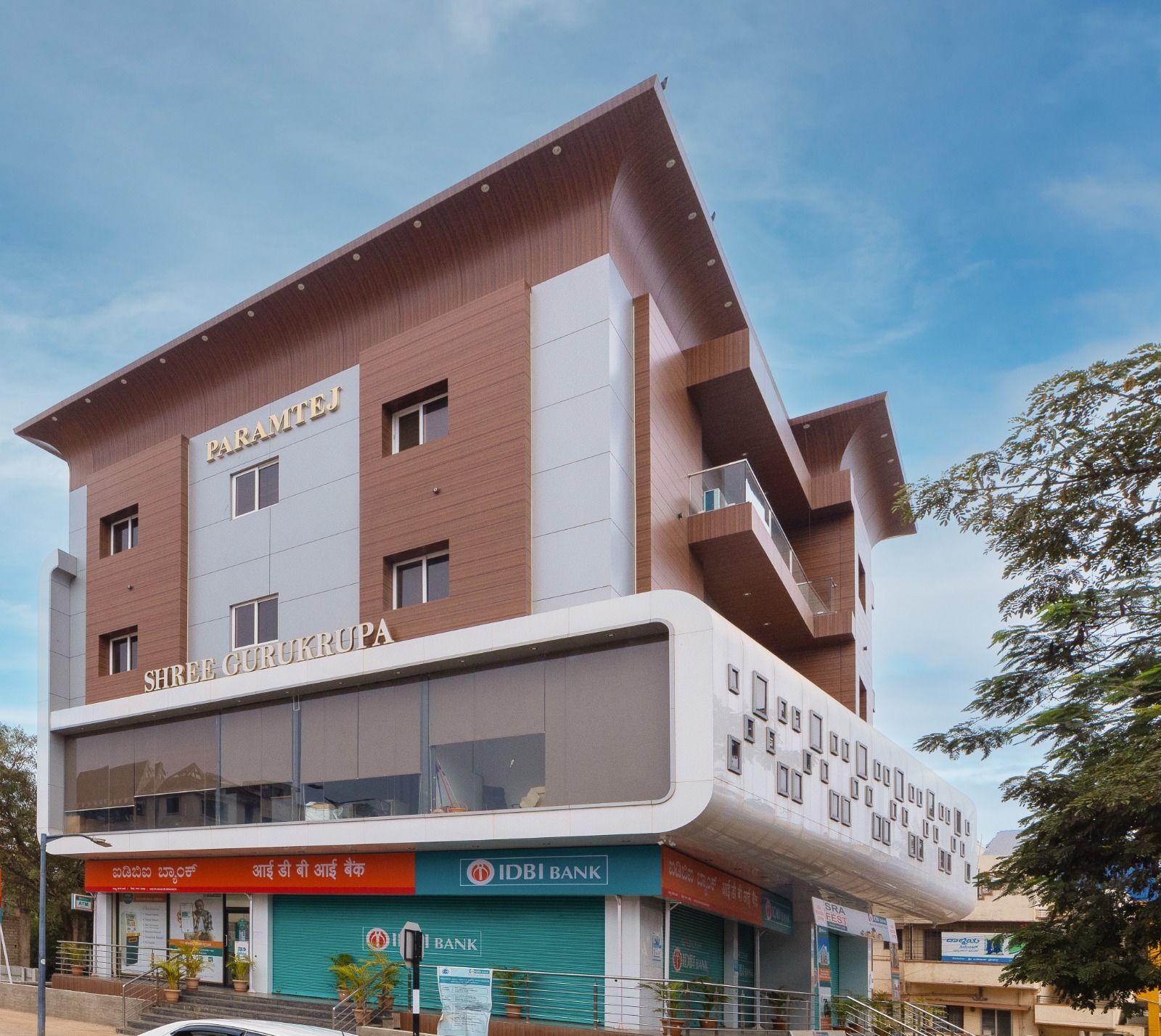


 en
en
 Spanish
Spanish Arabic
Arabic Swahili
Swahili French
French